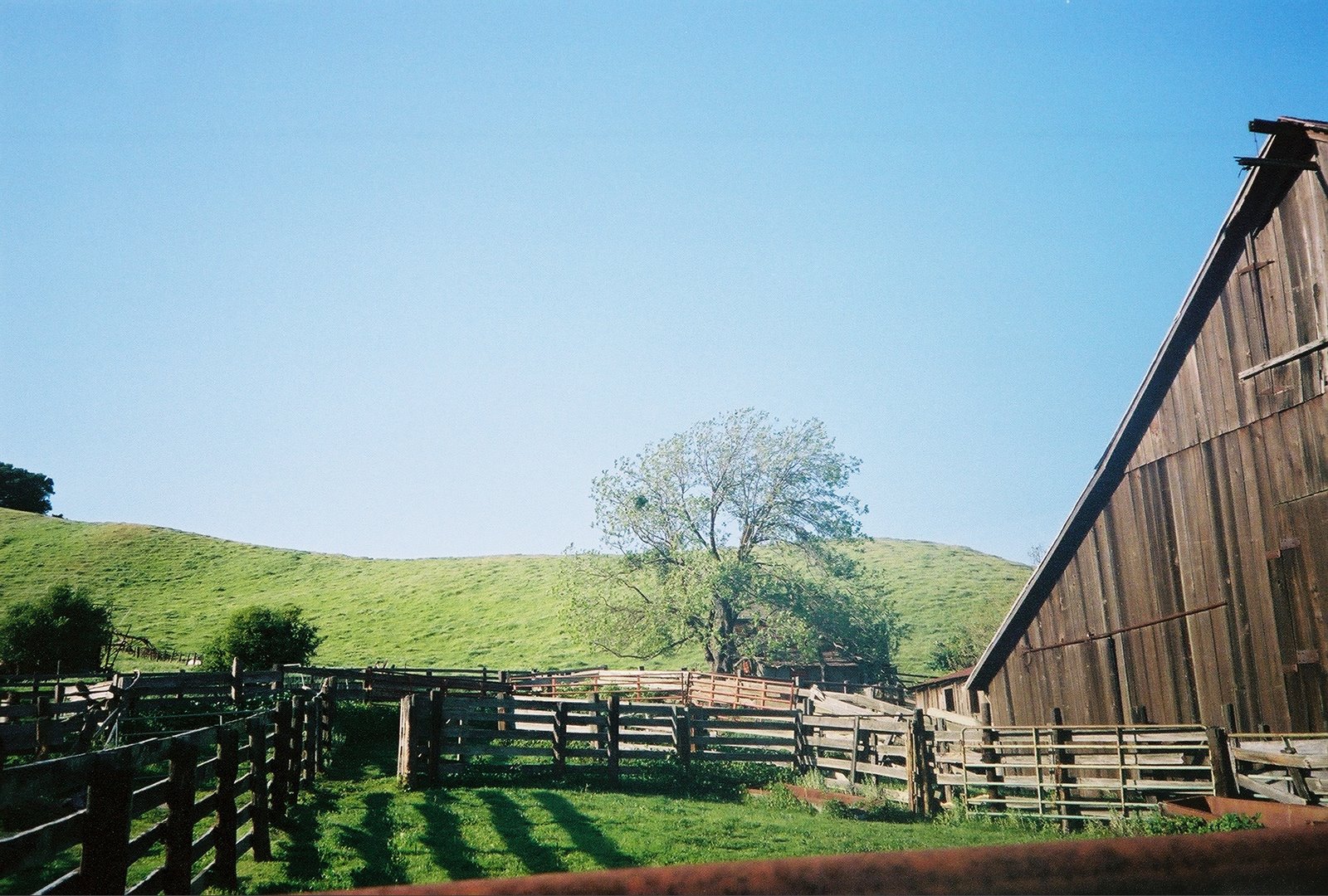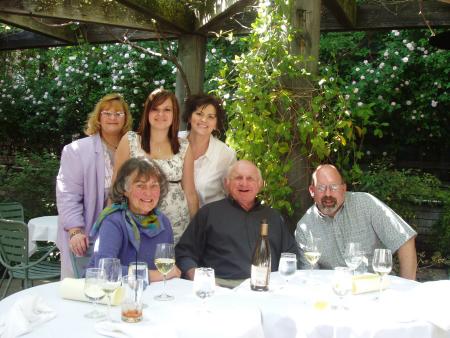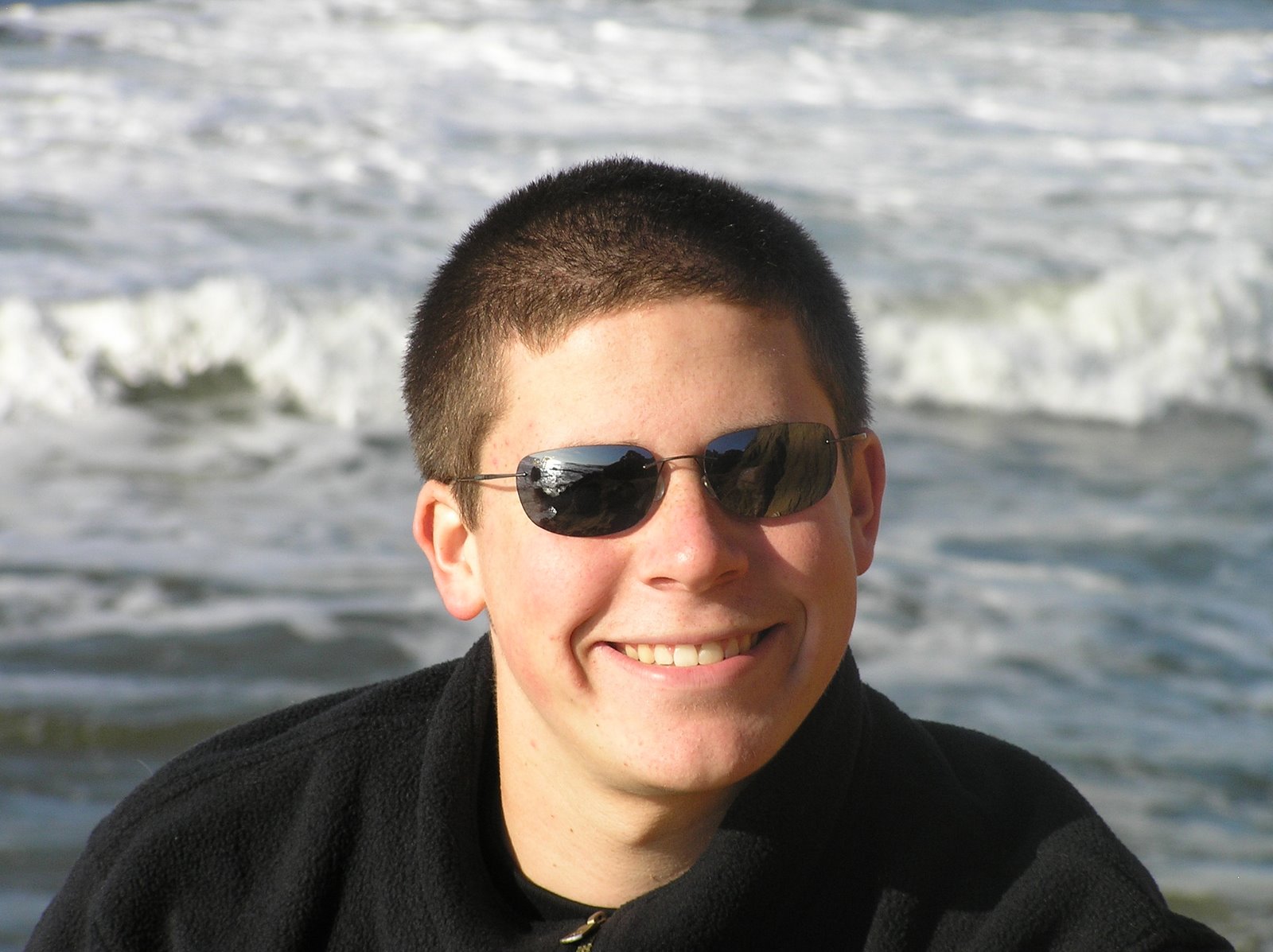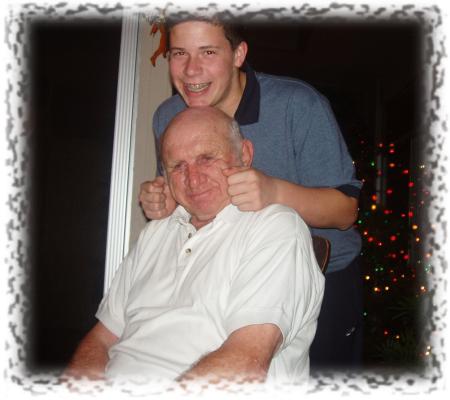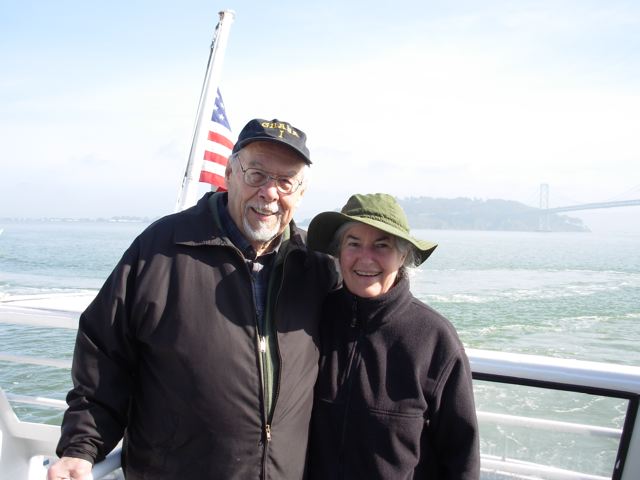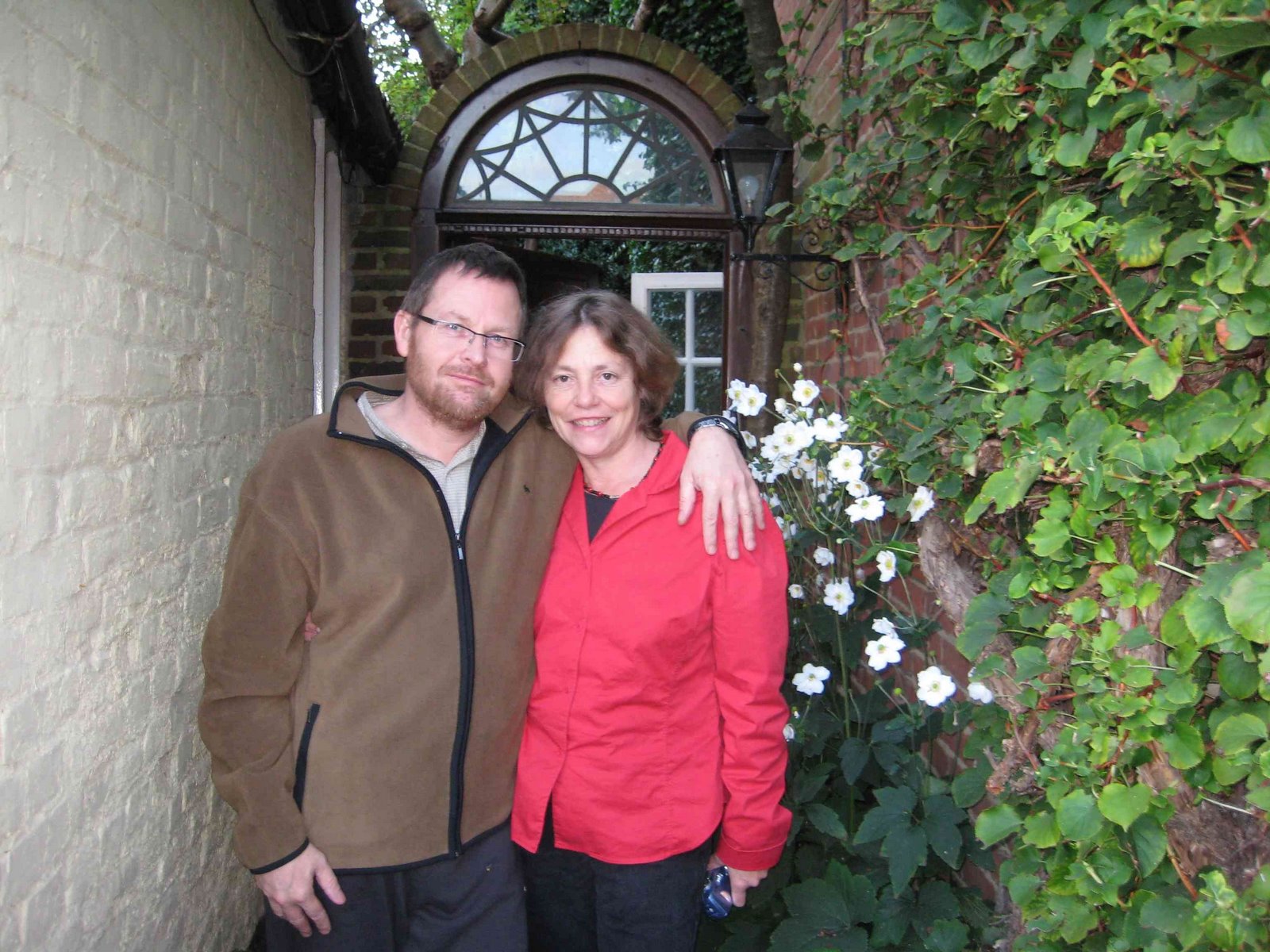Sunday, December 30, 2012
"Wolf Hall" by Hilary Mantel
Tudor England. Henry VIII is on the throne, but has no heir. Cardinal Wolsey is charged with securing his divorce. Into this atmosphere of distrust comes Thomas Cromwell - a man as ruthlessly ambitious in his wider politics as he is for himself. His reforming agenda is carried out in the grip of a self-interested parliament and a king who fluctuates between romantic passions and murderous rages.(less)
I read a review a year ago I think and decided to put a hold on the book at our library. It came just before Christmas and there went the season! I found it difficult to adjust to the writing insofar as knowing who was actually speaking at any one time. I was amazed at the poetic images she conjured that brought each scene to life. The writing went from descriptions of simplicity and humor to beautiful evocations of weather, flowers and costumes all done in an antique style reflective of the time. Just a magnificent tour de force. I've never read anything so beautifully realized.
Saturday, October 20, 2012
At the San Francisco Symphony Last Night
They played Rachmaninoff's Second Piano Concerto -- gorgeous piece of music!
Saturday, March 24, 2012
When The Killing's Done
I just finished this book in a long rush of interest. This is another book I would never have read if it hadn't been chosen by our book club. I think I've read a short story or two in the New Yorker by Boyle, but always felt he was just one of those hip writers who wouldn't be my cup of tea. Now I will definitely look up another of his books. I like his long asides that include all sorts of random thoughts, joking references, histories. His basic story is pretty clear cut -- a contest between someone who wants to restore an ecosystem and one who thinks it is not worth while if animals are killed in the process. The former is Alma, the latter is Dave. It seems that both antagonists come to question their own sureness about what they are doing -- but not enough to stop them. The novel twists back and forth in time -- which I found confusing, but manageable. There are some dark and ugly scenes of almost unbearable violence. There is an interesting article on Boyle in the British publication, The Guardian (it is worth looking up)in which Boyle says:
"'Life is tragic and absurd and none of it has any purpose at all." He is sitting contentedly with a glass of wine in the west room of his Frank Lloyd Wright house in Montecito, California. "Science has killed religion, there's no hope for the future with seven billion of us on the planet, and the only thing you can do is to laugh in the face of it all."
I liked the sense of place he conjured up -- the islands themselves, the cities of Montecito and Santa Barbara. I liked his descriptions and evocation of his characters. So the book had his philosophy spelled out - tragic, absurd and funny.
View'>http://www.goodreads.com/review/list/901798-sylvia">View all my reviews
"'Life is tragic and absurd and none of it has any purpose at all." He is sitting contentedly with a glass of wine in the west room of his Frank Lloyd Wright house in Montecito, California. "Science has killed religion, there's no hope for the future with seven billion of us on the planet, and the only thing you can do is to laugh in the face of it all."
I liked the sense of place he conjured up -- the islands themselves, the cities of Montecito and Santa Barbara. I liked his descriptions and evocation of his characters. So the book had his philosophy spelled out - tragic, absurd and funny.
View'>http://www.goodreads.com/review/list/901798-sylvia">View all my reviews
Subscribe to:
Comments (Atom)


